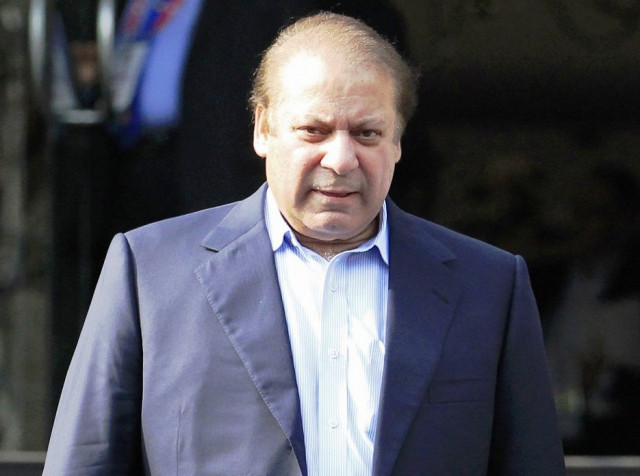Conflicting priorities
The ability of people to earn more money is directly dependent on the development of the infrastructure around them.

In layman’s terms, the ability of people to earn more money is directly dependent on the development of the infrastructure around them. PHOTO: REUTERS

Perhaps, the issue has not been laid out clearly for the prime minister. Becoming an Asian tiger involves very rapid growth in national income levels, which, in turn, requires very heavy investments in both the public and private stock of capital in the country. In layman’s terms, the ability of people to earn more money is directly dependent on the development of the infrastructure around them. More roads mean that trucks and buses can travel faster between towns, doing more business and generating more money. More schools mean that more children can learn to read and participate at higher levels of the income ladder. More hospitals mean that workers lose fewer days because of treatable and preventable illnesses. All of these investments translate into more income for the people who live close to such projects and a shared prosperity for the nation. But how can any of this happen when the government has been consistently reducing its development budget, in both nominal and real terms?
There is a big difference between fiscal responsibility and fiscal suicide. The former involves measured trimming of government expenditures in some places and improved efficiencies in others to ensure that the government can do more with less. The latter involves cutting whatever can be cut, usually development spending, and sacrificing the future to spend on the present.
Development spending is easy to cut because it produces no short-term benefits. It only benefits the nation in the long run, and the government appears to have decided that the short-term expediency of trying to make this year’s numbers work outweighs the needs of the country in the decades to come.
Published in The Express Tribune, February 27th, 2014.
Like Opinion & Editorial on Facebook, follow @ETOpEd on Twitter to receive all updates on all our daily pieces.














COMMENTS
Comments are moderated and generally will be posted if they are on-topic and not abusive.
For more information, please see our Comments FAQ